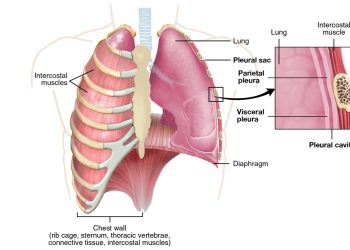Treatment and Management of Ataxia
There is no universal cure for ataxia, but many forms can be managed effectively. Treatment and management of ataxia focuses on addressing the underlying cause, relieving symptoms, and improving quality of life.
1. Treat Underlying Causes
- Vitamin deficiencies (B12 or E) – treated with supplements
- Infections – treated with appropriate antibiotics or antivirals
- Autoimmune ataxia – may require immunosuppressive therapy
- Tumours or stroke – treated through surgery or rehabilitation
2. Medications
- Muscle relaxants or anti-spasticity drugs may improve motor function
- Speech therapy medications or aids for communication
- For genetic forms, treatment is supportive (research is ongoing into gene therapy)
3. Therapies
- Physiotherapy: Improves balance, coordination, and strength
- Occupational therapy: Assists with daily living activities and home adaptations
- Speech and language therapy: Helps with swallowing and speech clarity
- Assistive devices: Walkers, canes, or wheelchairs as needed
4. Lifestyle Modifications
- Avoid alcohol and sedative medications
- Ensure fall prevention strategies at home
- Promote good nutrition and hydration
5. Supportive Care
- Psychological support for depression or anxiety
- Support groups for families and caregivers
- Palliative care for progressive forms
In South Africa, public and private rehabilitation centres, stroke units, and neurology clinics often provide multidisciplinary care for ataxia patients.
👉 [Next: Complications of Ataxia]


